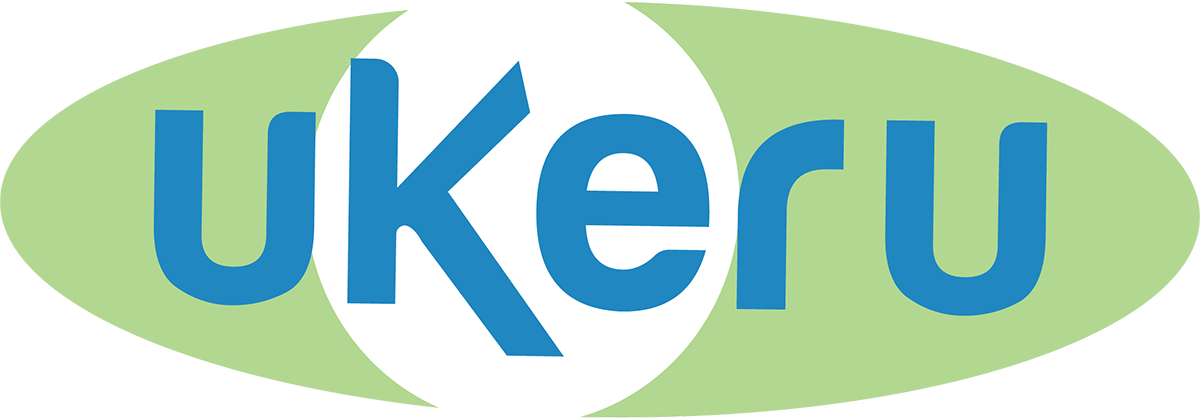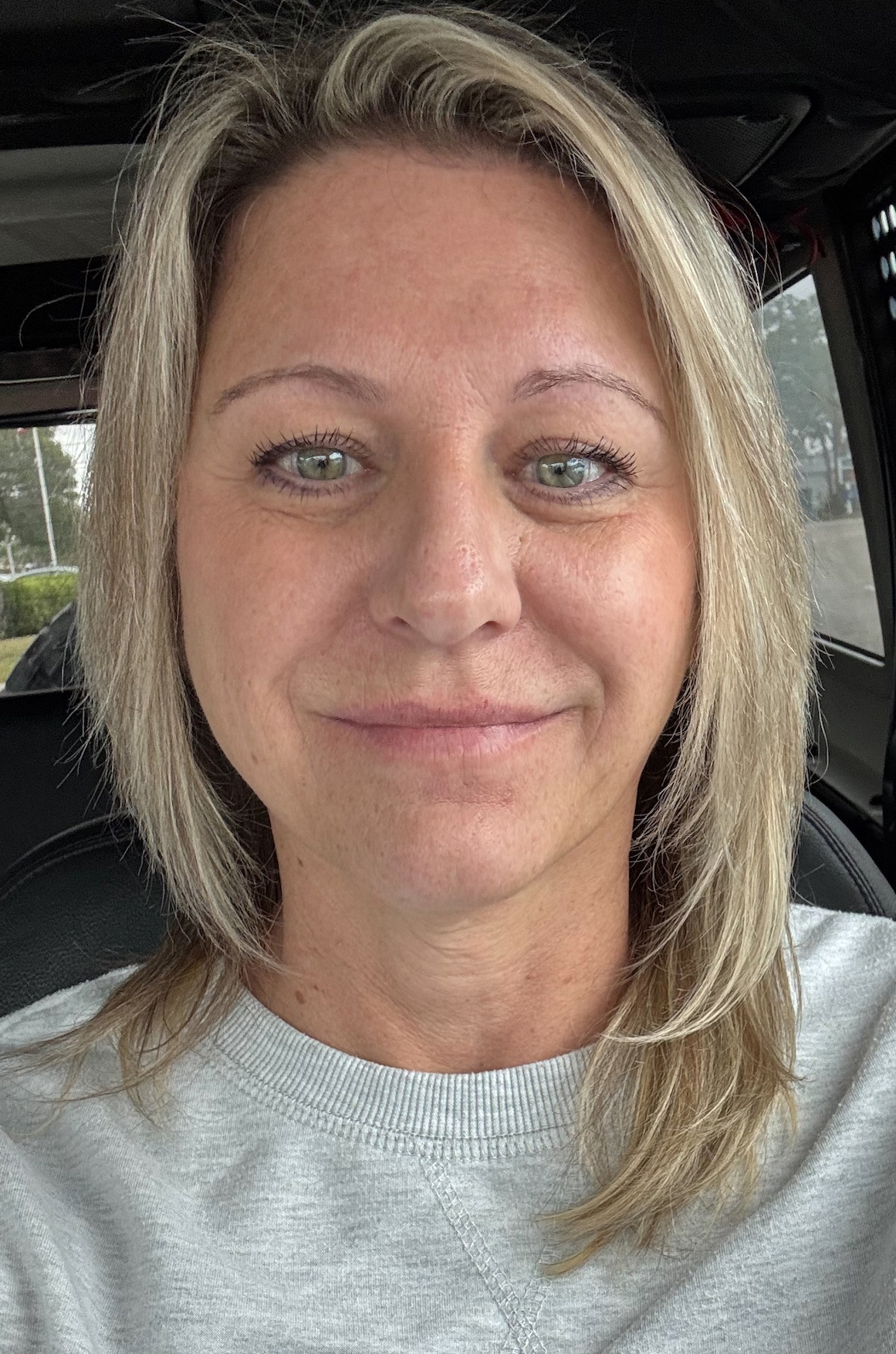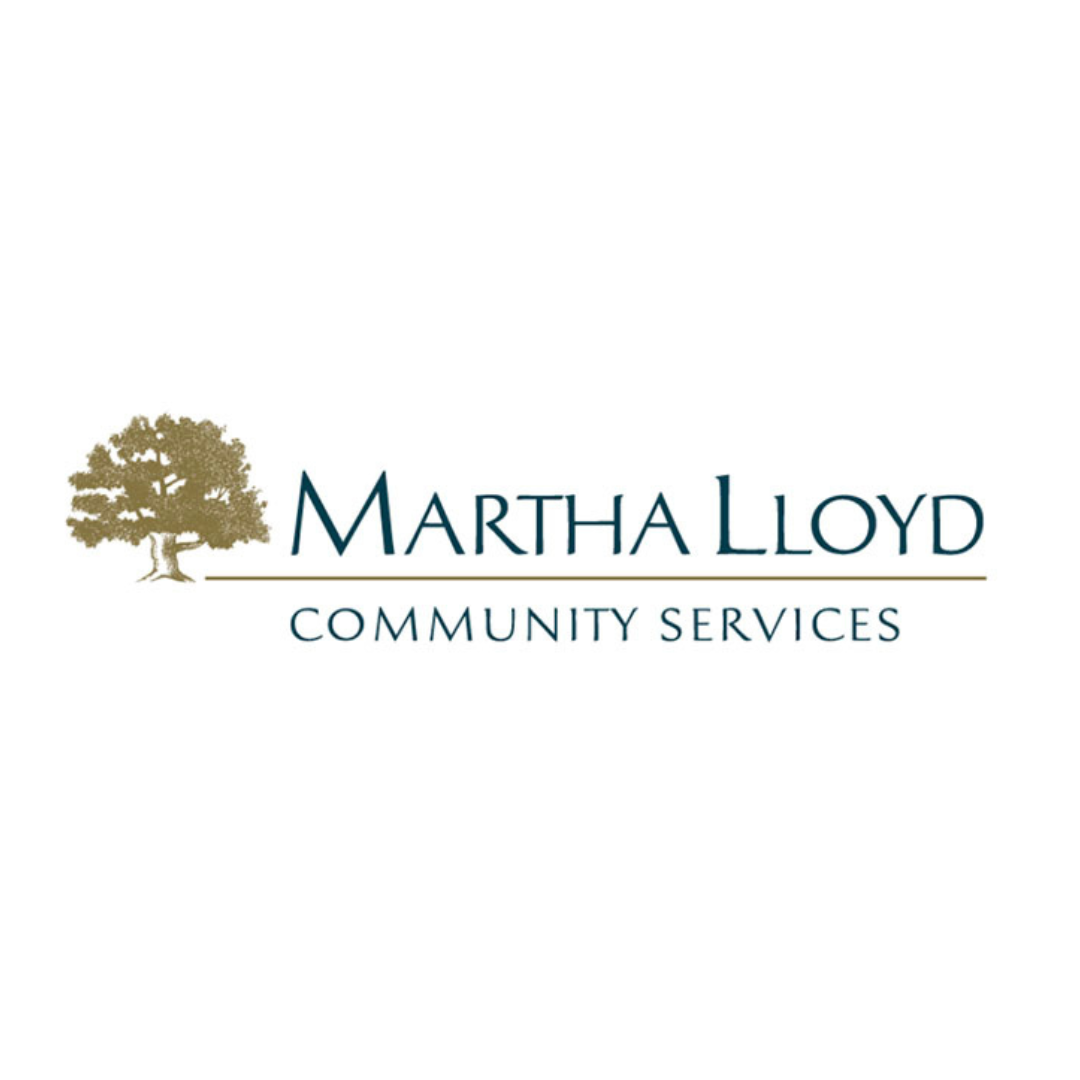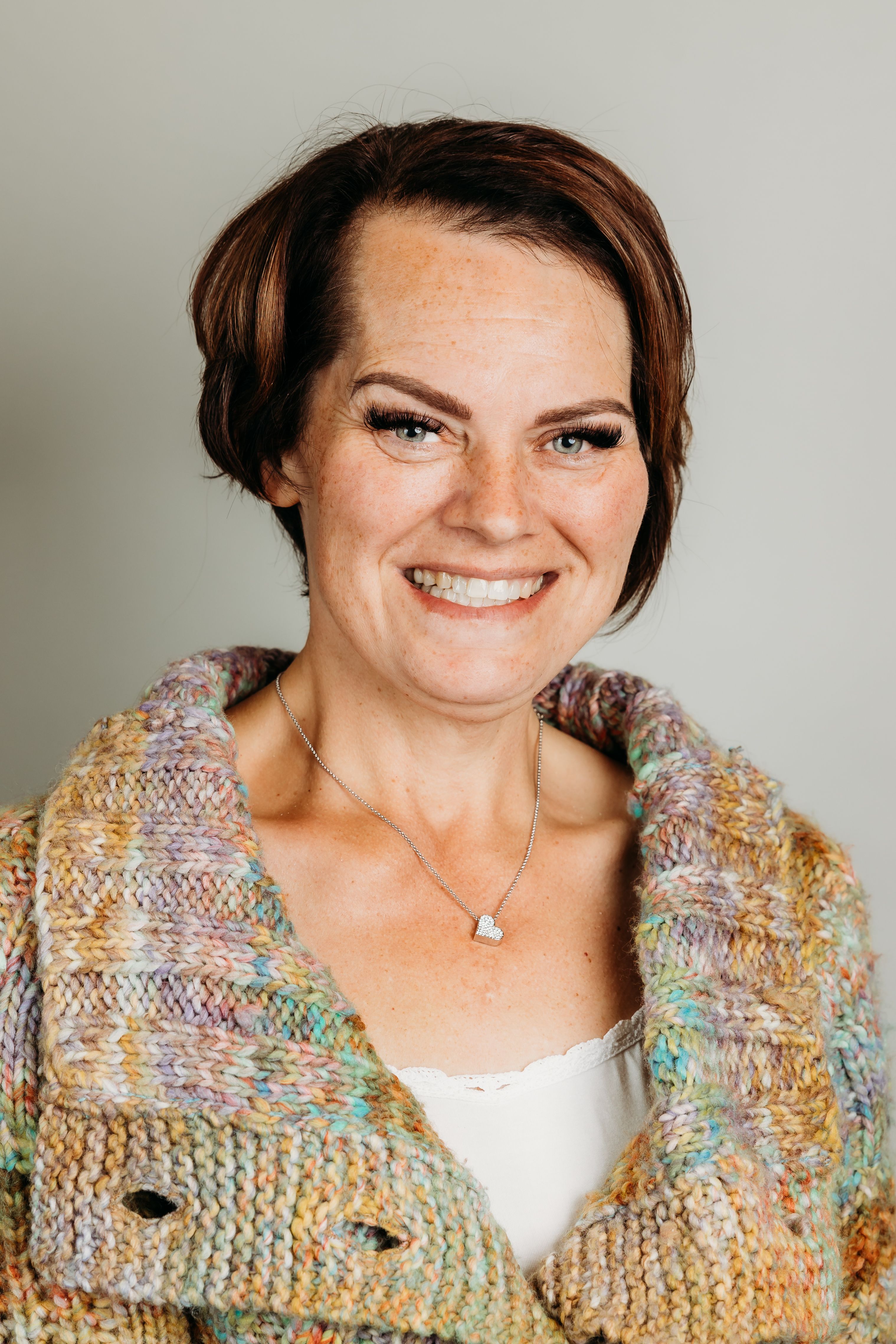Woods’ Ukeru Champions participate in a training exercise.
*A version of this article was originally published on the Woods website and in Woods’ World, a quarterly newsletter.
Woods Services is a multi-service population health management and advocacy organization providing innovative, comprehensive and integrated health, education, housing, workforce, behavioral health and case management services to more than 4,000 children and adults in the intellectual and developmental disability, child welfare, behavioral and brain trauma public health sectors who have complex and intensive medical and behavioral healthcare needs.
Woods began implementing Ukeru over a year ago. It began with employees from all levels sharing the challenges they faced related to behavior management directly with the Ukeru team. Next, a group of Woods employees, known as the “Ukeru Champions”, were trained in the Ukeru method and are working hard to train all Woods staff members.
“The trauma-informed approach has opened my eyes to why people do the things they do. There’s a story behind every behavior we exhibit. It comes down to how can we change the negative and make experiences more positive,” said John Spanier, Care Coordinatorr and Ukeru Champion at Woods. “It enables you to see past the ‘bad’ and focus on the ‘why’ in order to understand people better and walk in their shoes.”
Of the physical techniques that were taught as part of the training, Trish Cottman, a Woods Training Department Staff Member and Ukeru Champion, explained that ““The blocking pads are a way for staff to help an upset individual work through negative emotions while keeping hands off.”
Following the training of the Ukeru Champions, the Ukeru method was then carefully introduced to Woods residents and students through the use of a social story. Social stories are a way to share information in a reassuring manner that is easy to understand. Ukeru created a social story to help introduce the blocking pads.
“We customized their story by using Woods staff and resident photos. Several Champions went into the Day Program and residential areas to introduce the pads using the social story. It gave them an opportunity to see and touch the pads and to learn that the main purpose of Ukeru is to ensure safety for everyone in all of our environments,” said Cottman.
“The pads were placed in the hallways, classrooms, and residences so everyone could get comfortable with them being in their environment,” said Sam Banks, Gardner Education Supervisor and Ukeru Champion. “So if a person became aggressive or unsafe to themselves or others and staff used a blocking pad, they would know that ‘this is a tool to keep me safe’.
So far, the feedback at Woods has been overwhelmingly positive with staff, residents, and students all embracing the Ukeru method. The Ukeru philosophy has been instrumental in de-escalating incidents at Woods that may have led to restraints in the past and Woods is already seeing a measurable reduction in restraints. Additionally, the use of Ukeru pads have ensured the safety of individuals and staff while teaching alternate strategies.
“One of the residents I was working with had extended periods of aggressive episodes. When I utilized the pads when he became aggressive, he realized that the hitting, the kicking, the punching, weren’t going to work and he got tired of doing it and began to sit down and talk,” said Will Rogers, Woods Training Staff Member and Ukeru Champion. “(Our residents now see) there is another path, other than physical aggression, other than self-injurious behavior.”
Another positive benefit that the Ukeru Method has provided is a fundamental shift in the culture at Woods. The implementation of the Ukeru method is as much about the safety, comfort, and care of residents and students as it is for staff members. The Ukeru method has a strong focus on teamwork and cooperation. This emphasis on teamwork has a positive effect on the overall environment of each residence, classroom, work area, and on Woods as a whole.
“One outcome we really look forward to achieving is to create a living, learning and working environment where everyone feels safe, both emotionally and physically, and has the opportunity to grow to their fullest potential,” said Cottman.




